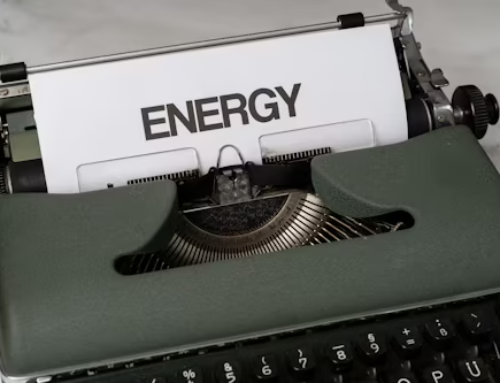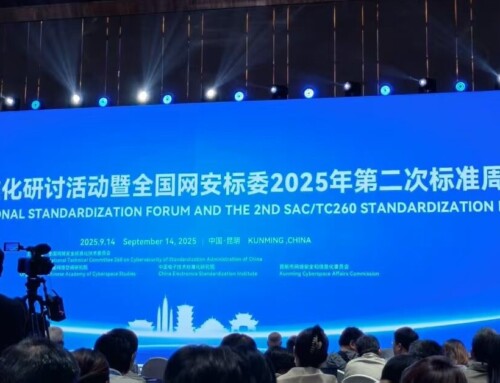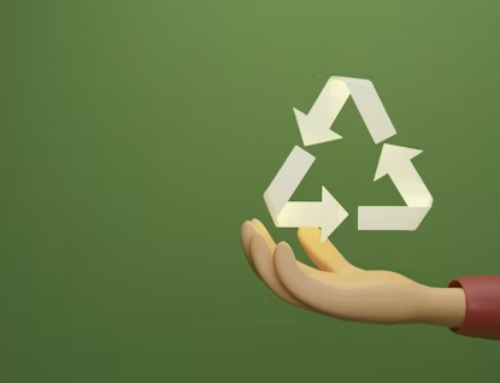On August 16, 2024, the State Council Information Office of China held a series of press conferences under the theme of “Promoting High-quality Development”. During the conferences, the government announced that the State Administration for Market Regulation (SAMR) plans to complete the development and revision of 294 key national standards over the next two years, with 129 to be completed in 2024 and 165 in 2025. This initiative responds to the Notice on the Issuance of the Action Plan for Leveraging Standards to Guide the Campaign of Equipment Renewal and Trade-ins of Consumer Goods (hereinafter referred to as the Policy), issued by seven ministerial departments in March 2024. The formulation and implementation of these standards and supporting policies are expected to facilitate the renewal of equipment and the trade-ins of consumer goods.
Following the issuance of the Policy, SAMR and other relevant authorities have collaborated to accelerate the formulation and implementation of standards. This includes coordinated efforts in planning, optimizing work procedures, assessing progress and reporting results. Currently, all 294 standard projects have been officially registered, with 55 standards already completed and released. These standards span multiple sectors, including energy consumption and efficiency, electrical vehicles, household appliances, household supplies, and civil unmanned aircraft. They have played a crucial role in promoting equipment renewal and trade-in of consumer goods. For example, in the field of energy efficiency, China has issued mandatory energy efficiency standards for power transformers, chillers, as well as small and medium-sized cold storage units. The implementation of these standards, supported by relevant policies, contributes to the technological transformation and equipment renewal of enterprises.
Looking ahead, SAMR will expedite the development of additional national standards and promote the formulation of international standards for key technical areas, such as core devices and testing methods that are critical for the development of key industries. To address the significant challenges of inadequate testing methods and insufficient inspection capabilities for key products and essential equipment, such as industrial robots and core components, a series of urgently needed inspection and testing methods will be developed. Additionally, in response to issues within the certification and accreditation systems of key industries, such as electric vehicle overcharging, SAMR plans to establish several quality evaluation and certification systems to help enhance the quality of the industrial chain and supply chains.




